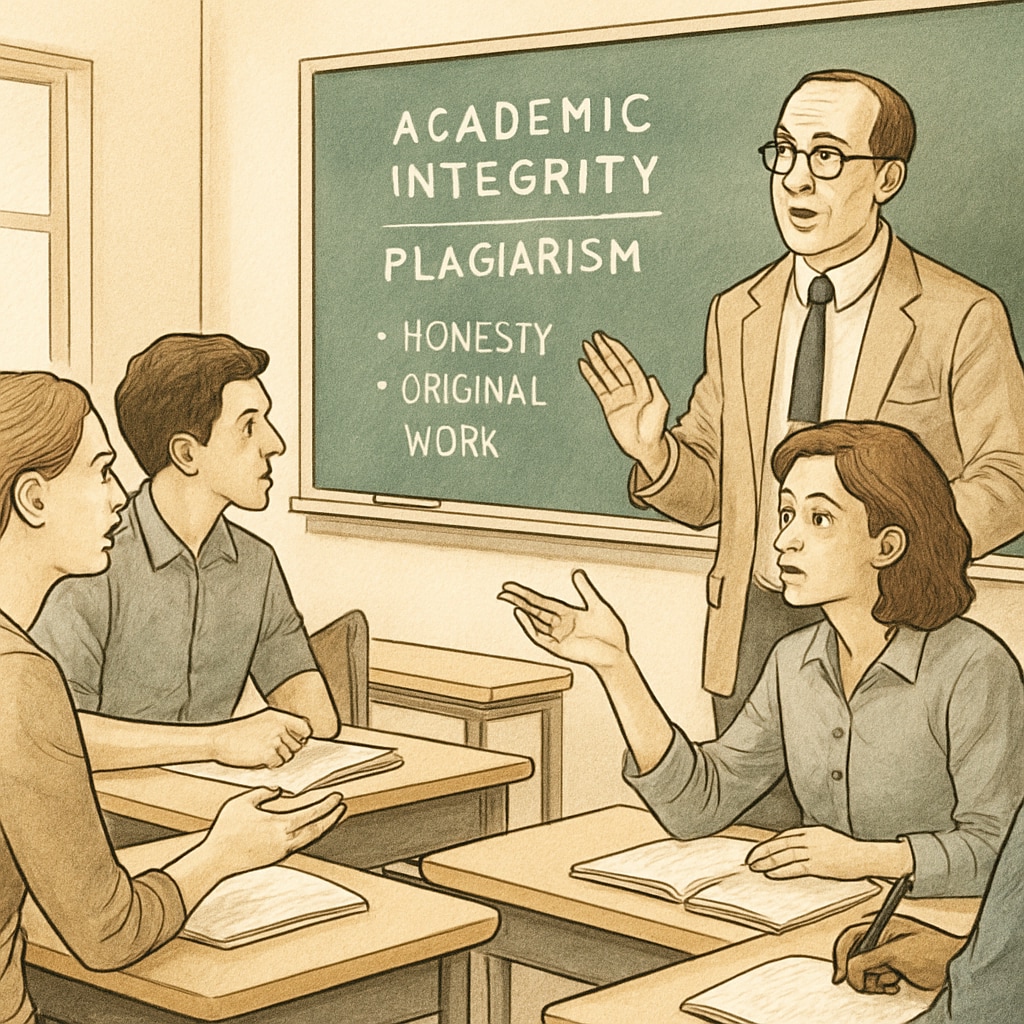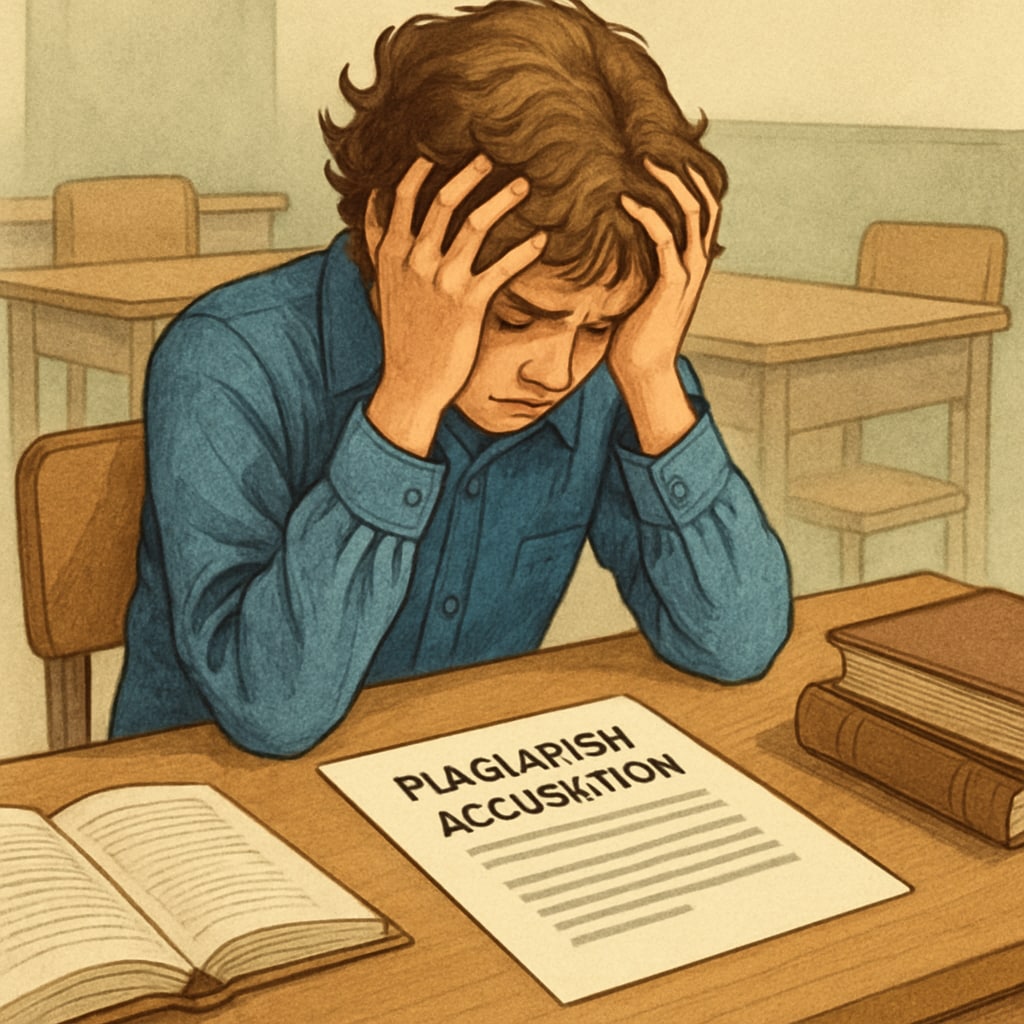In the academic world, the integrity of scholarly work is paramount, but what happens when professors make incorrect plagiarism accusations? This issue is particularly troubling in K-12 education, where the stakes are high, and the long-term impact on students can be severe. Mistaken plagiarism claims can erode students’ confidence, harm their mental health, and diminish their trust in the education system. Therefore, addressing the root causes and consequences of such erroneous accusations is critical to fostering a fair and supportive learning environment.

How Misguided Plagiarism Accusations Arise
There are several reasons why professors might mistakenly accuse students of plagiarism. One common cause is reliance on automated plagiarism detection tools, such as Turnitin or Grammarly, which are not always accurate. These systems may flag legitimate work as plagiarized due to common phrases or citations, leading educators to assume dishonesty.
Another factor involves biases or preconceived notions about certain students. For example, teachers may unfairly target students from marginalized backgrounds or those who struggle academically. In addition, a lack of training on academic integrity standards can cause educators to misinterpret proper citations or collaborative efforts as plagiarism.
The Impact on Students
Incorrect plagiarism accusations can have far-reaching consequences for students. Firstly, they often lead to feelings of shame and humiliation, which can severely impact a student’s mental health. Research has shown that public reprimands or disciplinary actions related to academic misconduct can lead to anxiety, depression, and a loss of self-esteem.
Secondly, these accusations can undermine students’ motivation to learn. When students feel their efforts are not recognized or are unjustly questioned, they may disengage from their studies, leading to poorer academic outcomes. Additionally, such incidents can erode trust in the education system, causing students to view their schools as hostile environments rather than places of growth and learning.

Building Transparent Academic Integrity Mechanisms
To prevent erroneous plagiarism accusations, educational institutions must prioritize transparency and fairness. One effective approach is training professors and teachers on academic integrity standards and proper citation techniques. Educators should be equipped to distinguish between genuine plagiarism and honest mistakes.
In addition, schools should implement clear guidelines for addressing plagiarism accusations. This includes creating an appeals process where students can defend their work and ensuring that all claims are thoroughly investigated before disciplinary actions are taken. Encouraging open dialogue between teachers and students can also help clarify misunderstandings and foster mutual trust.
Finally, the role of technology must be carefully considered. While plagiarism detection tools can be useful, they should not be the sole determinant of academic misconduct. Educators must evaluate flagged work critically and consider the context in which it was created.
Readability guidance: Use concise paragraphs and lists to summarize key points. Employ active voice wherever possible and incorporate transitional phrases such as “however,” “in addition,” and “as a result” to enhance flow.


